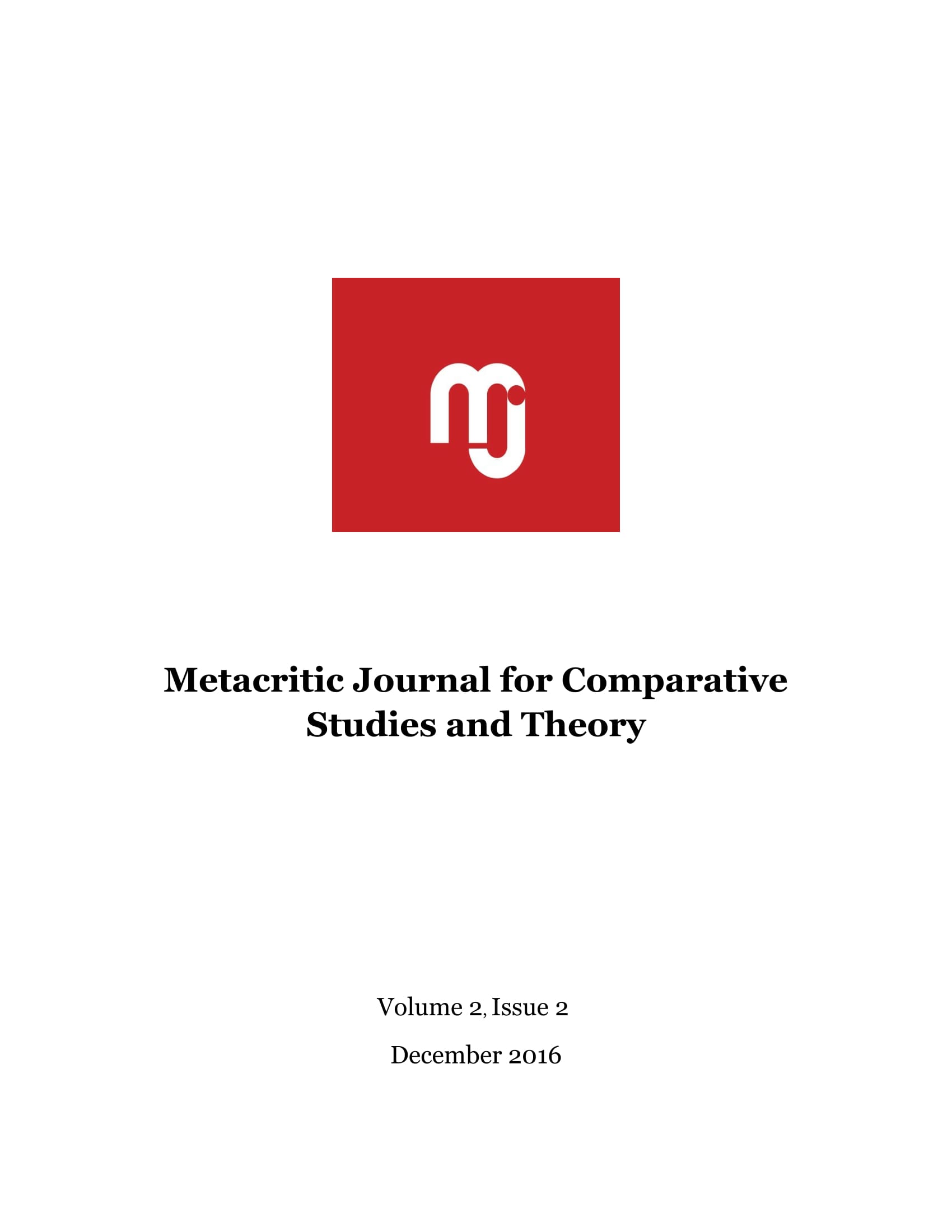Transgressive Metafiction: Deconstructing Worlds in Joyce’s ULYSSES and Barth’s LOST IN THE FUNHOUSE
Transgressive Metafiction: Deconstructing Worlds in Joyce’s ULYSSES and Barth’s LOST IN THE FUNHOUSE
Author(s): Ana-Maria DeliuSubject(s): Philosophy, Comparative Study of Literature, Theory of Literature
Published by: Universitatea Babeş-Bolyai
Keywords: fiction theory; transgressive metafiction; deconstruction; practical fiction; James Joyce; John Barth
Summary/Abstract: The question “to what degree does metafiction construct and deconstruct worlds” generates a conceptual and paradigmatic rethinking of metafiction, based on the theoretical tools of possible worlds theory, especially fictional worlds. More specifically, to what degree does metafiction succeed in constructing a verisimilar possible world or, on the contrary, undress it of materiality and illusion of reality, turning rather to itself as a text (metafiction is self-conscious, auto-referential fiction, drawing attention to its mechanisms and its status as an artifact while a possible world is a world which is credible, ontologically different from ours only in being non-actualised). Moreover, in metafictions like James Joyce’s Ulysses, or John Barth’s Lost in the funhouse, deconstructing worlds means not only de-materialising worlds, turning to form in an extremely overt way, and moving from mimesis of product to mimesis of process, but also the French deconstruction praxis of denouncing structuralist dichotomy signified-signifier, thus loosing oneself in a network of signifiers which ultimately destroy the metaphysics of the signified. After poststructuralism murders the author, the latter revives as a practical fiction in a textual world of indecidables.
Journal: Metacritic Journal for Comparative Studies and Theory
- Issue Year: 2/2016
- Issue No: 2
- Page Range: 144-156
- Page Count: 13
- Language: English

